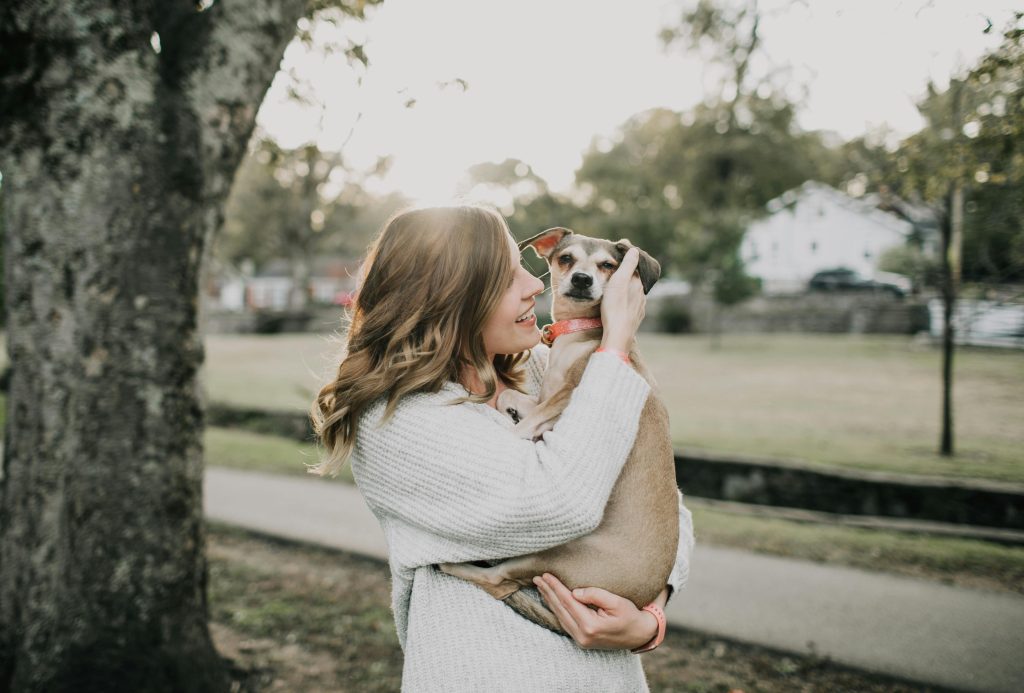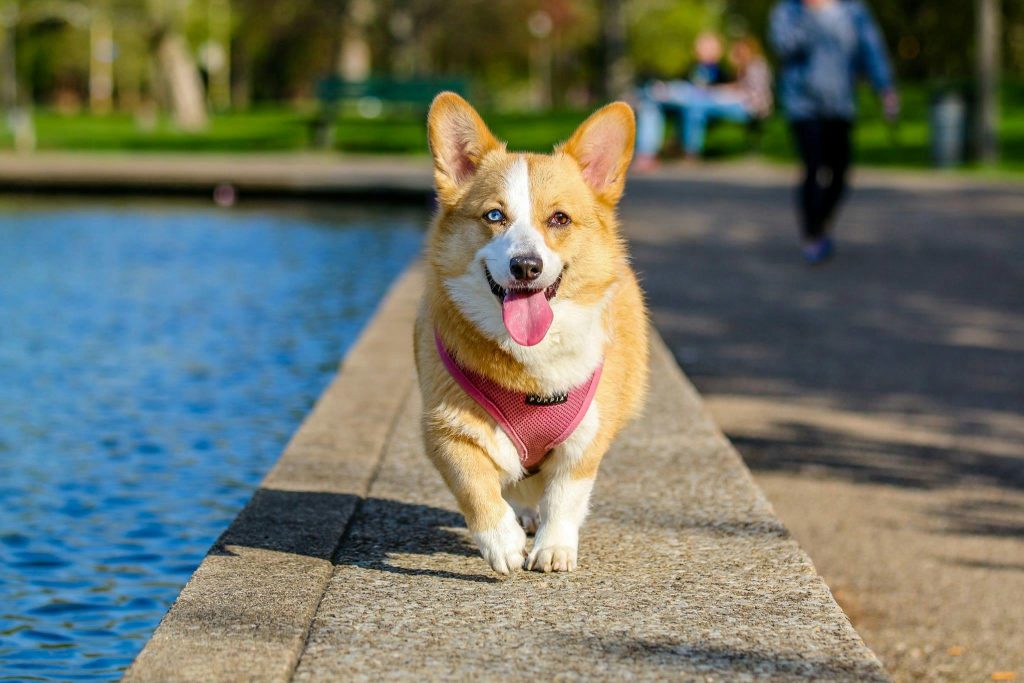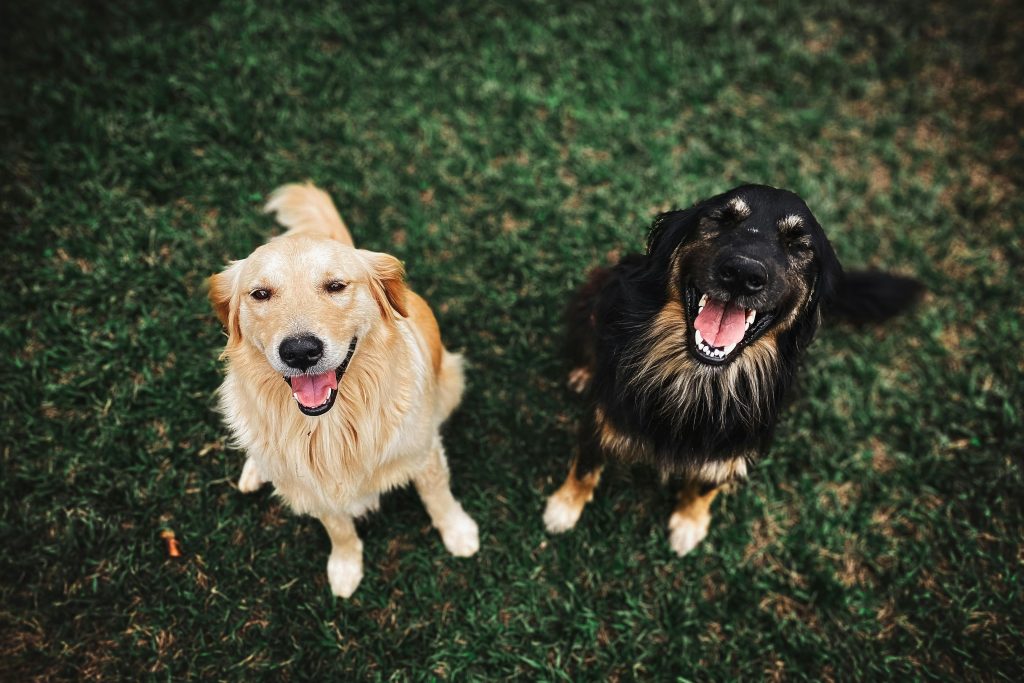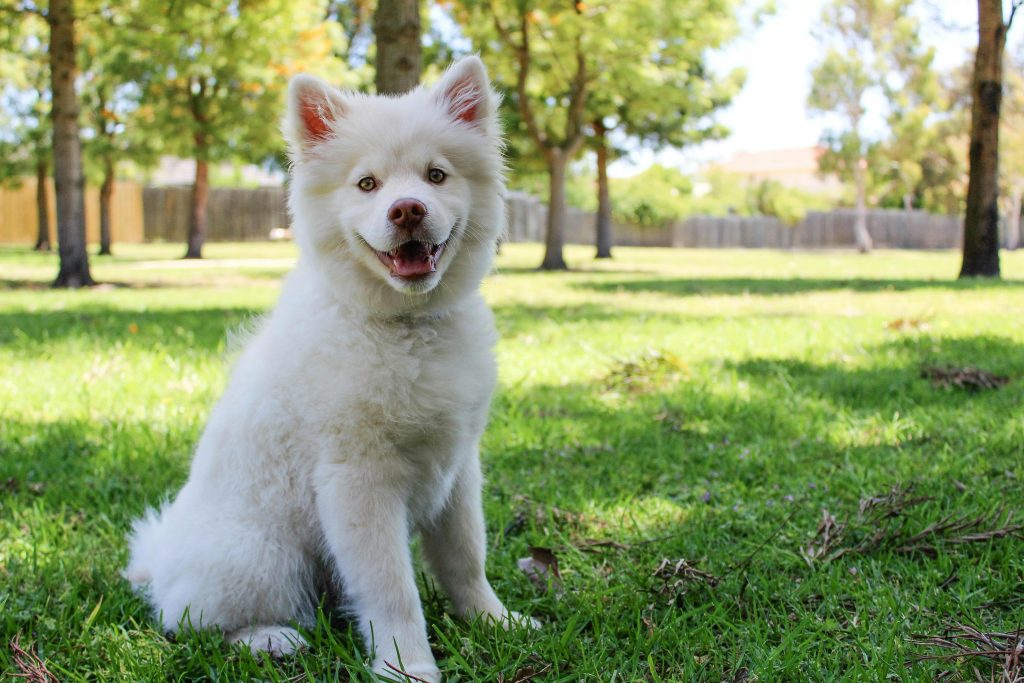Your dog isn’t just acting “off” for no reason. When dogs feel sad, they show it—and if you know what to look for, the signs are heartbreakingly clear. From sleeping too much to avoiding their favorite toys, dogs express grief and loneliness in ways that hit closer to home than you might expect. Let’s decode the subtle (and not-so-subtle) ways dogs show sadness—and how you can help.

1. Withdrawal From Play or People
That once-hyper pup now just lies around? If your dog starts avoiding play, ignores familiar people, or hides in corners, it could be emotional withdrawal. Dogs, like humans, shut down when they’re feeling low.
2. Changes in Eating Habits
Sudden loss of appetite or even overeating can signal emotional distress. A dog that’s grieving may ignore treats or skip meals altogether. If food used to excite them, and now it doesn’t—it’s a red flag.
3. Oversleeping or Restlessness
Sad dogs might sleep more than usual—or struggle to settle down at all. Both can be signs of emotional imbalance, depending on your dog’s typical routine. It’s their way of coping—or not being able to.
4. Excessive Licking or Grooming
Some dogs self-soothe by licking their paws or other body parts repeatedly. It’s like nervous fidgeting in humans—a behavior rooted in anxiety or sadness. Don’t ignore it if it becomes compulsive.
5. Whining, Sighing, or Vocalizing
A sad dog may “talk” more—long sighs, soft whines, or low-pitched howls. These sounds can be a cry for comfort or a reflection of emotional pain. It’s their version of saying, “I’m not okay.”
6. Following You Around More Than Usual
Clinginess can be a sign of insecurity or loneliness. If your dog suddenly becomes your shadow, they might be seeking reassurance, trying to stay close to the one thing that makes them feel safe—you.
7. Acting Out of Character
Is your usually gentle dog growling? Or is your energetic dog lying around all day? Behavior shifts—aggressive or withdrawn—can often trace back to emotional distress. Don’t dismiss it as “just a phase.”



